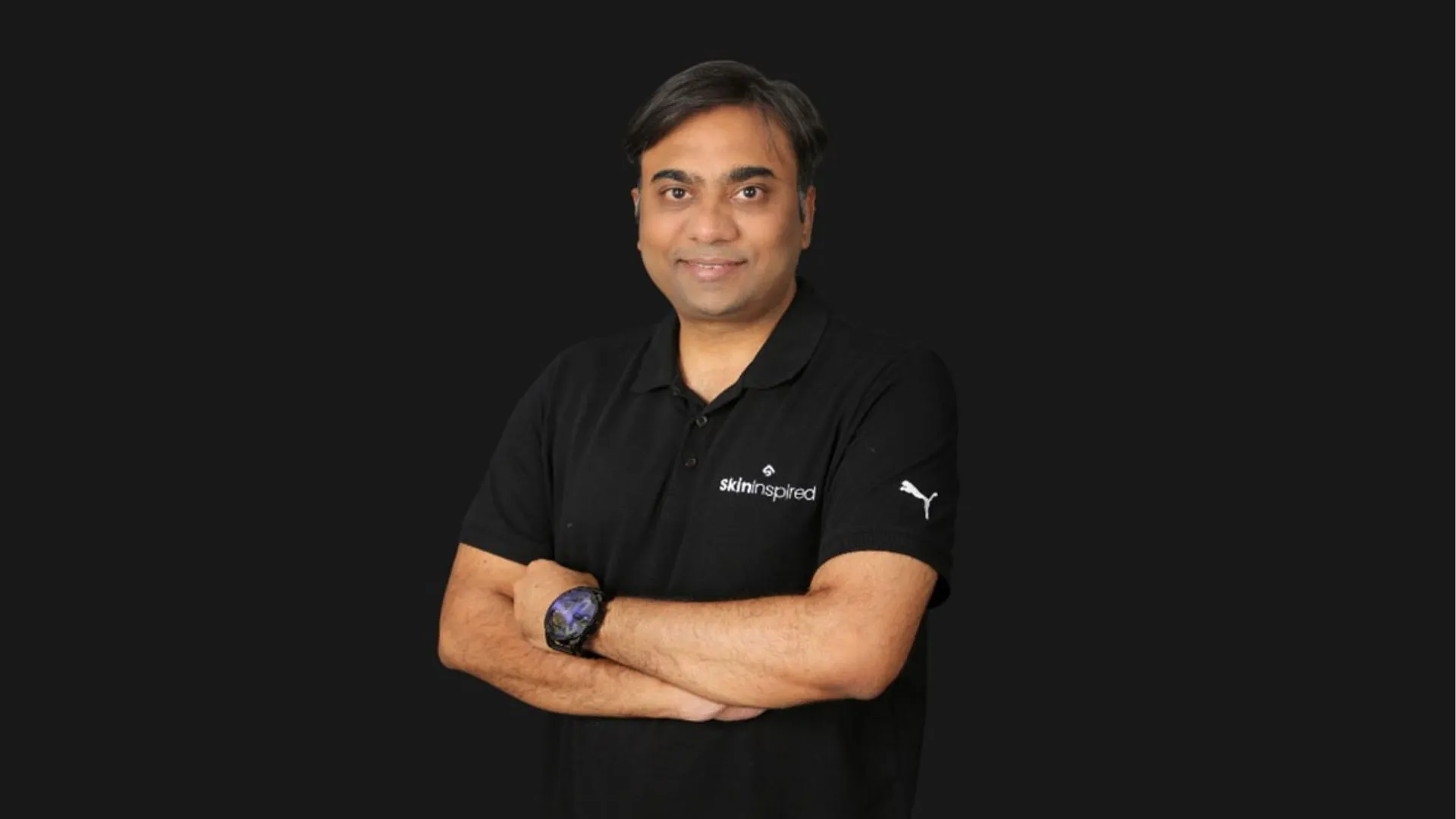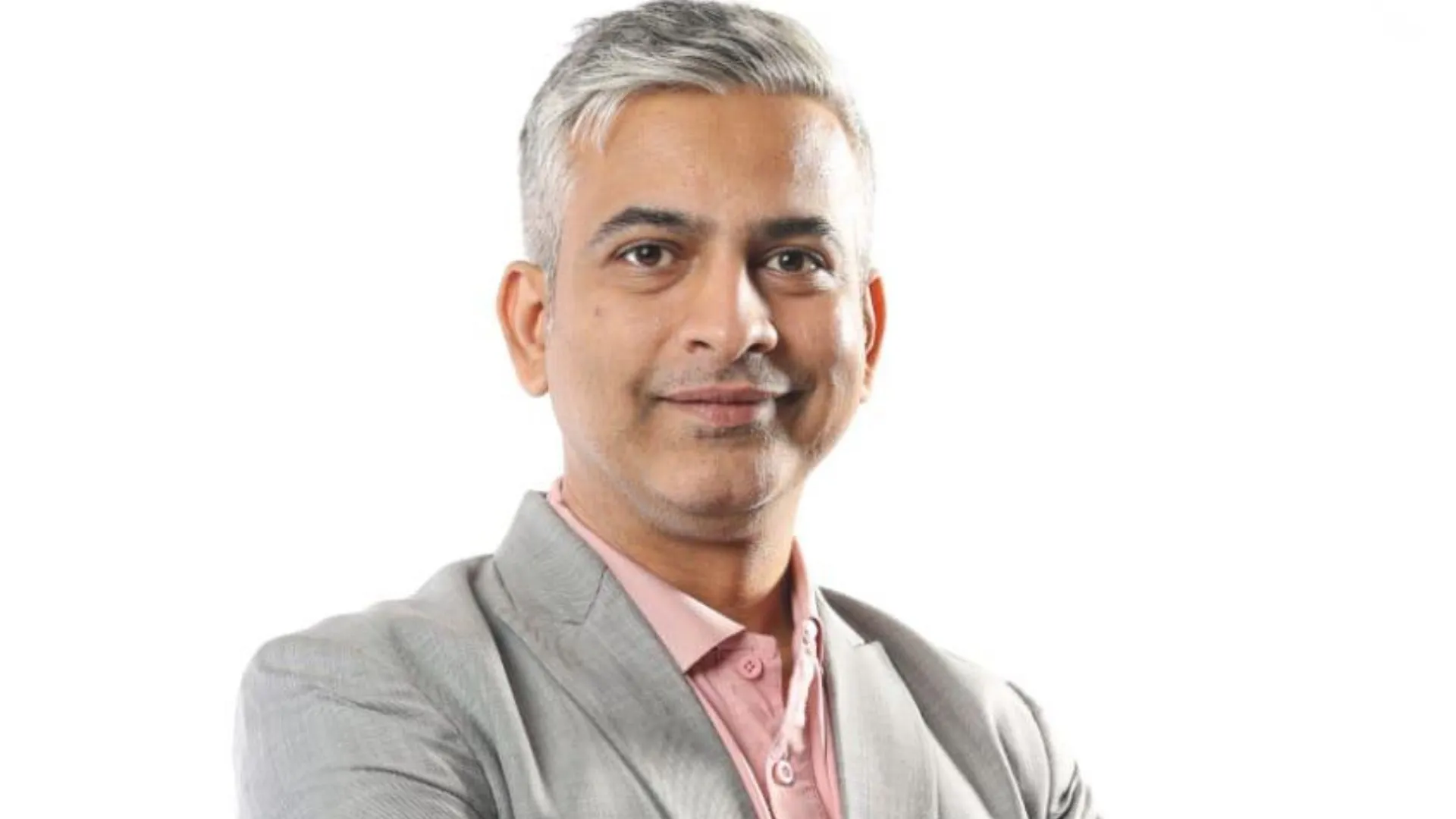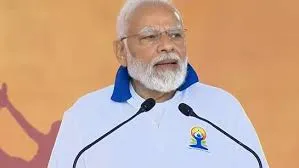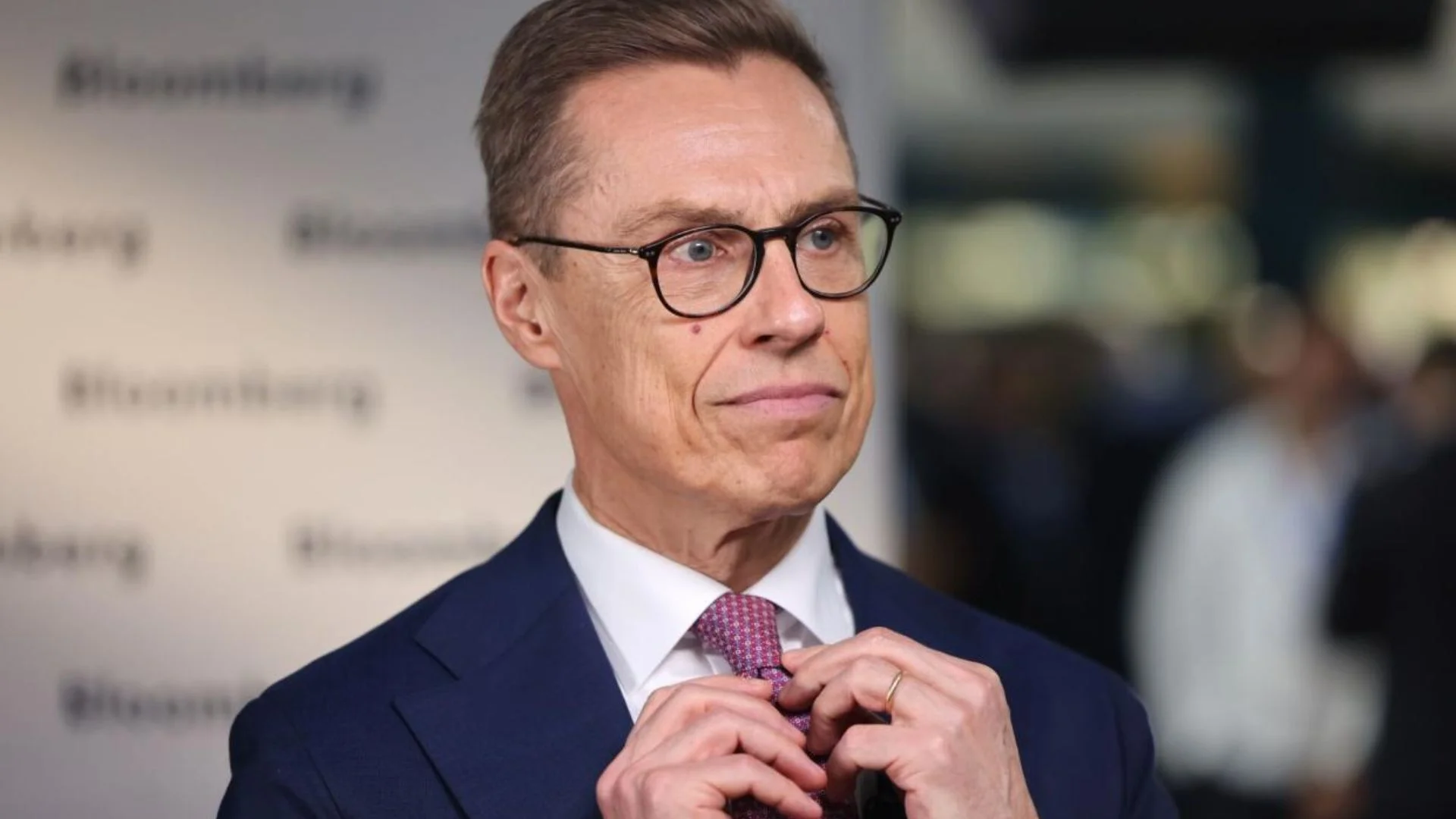Over the past several months, especially after the Covid-19 pandemic outbreak, there has been a shift in global attention to better healthcare practices. People have realised the need for ‘being healthy’’ and have started to look at different aspects of their health, which they can improve. While it is true that certain factors like genetics, sex, and age cannot be modified; however, there are plenty of other health factors that can be modified with guidance. Naturopathy fits perfectly into this vision, which emphasises mainly on the prevention of disease and maintenance of good health. Naturopathy works on the principle that “the human body has the ability to heal naturally.” The unique patient-centric approach adopted by naturopathy, which considers physical, psychological, social, and environmental factors, can ensure a better quality of life and reduce the burden on our healthcare system.
WHAT THE FUTURE HOLDS FOR NATUROPATHY
According to the World Health Organization (WHO)estimates, non-communicable diseases (NCDs) will lead to 55 million loss of lives by 2030. It is estimated that in India, every year, around 5.8 million people die from NCDs. With high costs of treatment, along with long waiting lists, and with a limited budget causing strain on society, a preventative system for NCDs may play a more prominent role in addressing the shortcomings over the coming years.
So, how’s naturopathy going to shape up over the next decade or so and play a role in the future of healthcare delivery? Let’s take a look.
INTEGRATION OF NATUROPATHY WITH MODERN MEDICINE
The on-going Covid-19 pandemic has ascertained one thing; conventional medicine isn’t enough to cater to the healthcare needs of the rising population of India. A holistic preventative and precautionary based approach is required to create a sustainable healthcare model.
Unlike modern pharmaceutical interventions that focus more on providing symptomatic relief, naturopathic treatments aim to treat the disease’s root cause by making use of non-invasive therapies such as lifestyle counselling, clinical nutrition, various detoxifying regimens, and botanical medicine. It is expected that over time, this Naturopathic patient-centric approach translates to fewer hospital visits, lower medical expenses, and better lives. With recent developments like the WHO’s meeting with the AYUSH Ministry to review documents on developing standardised terminologies and benchmark documents of practice for traditional medicine, it is expected that there would be a shift in attention taken to promote and integrate Naturopathy with modern medicine. The government recently announced several initiatives to support and promote AYUSH, like providing subsidies and soft-loans for setting up private AYUSH clinics and hospitals, creating AYUSH wings in railway and defence hospitals; and establishing institutes to teach and research in AYUSH.
However, considering the mixed fraught relationship of alternative medicine with modern medicine, true integration can only happen if meaningful collaborations and cross-learnings are involved between these two systems on equal terms complementing each other. An integrated framework would be required to bring the two systems closer while providing some autonomy for each of them.
INCREASING ADOPTION OF REMOTE CLINICAL SERVICES
The issuance of telemedicine guidelines by the Ministry of Health and Fmily Welfare (MoHFW) has led to a surge in teleconsultations throughout the country. Though telemedicine activities started way back in 1999 in India, it is only after the recent Covid-19 pandemic that telemedicine’s true potential was realised. With everything accessible at the touch of the finger in the digital age, virtual medical treatment ensures increased contact with a doctor, easily accessible care, and reduced expenses. Though specific treatment regimens may not be possible through telemedicine, those who are housebound or have disabilities can benefit immensely through telemedicine consultations. It is becoming more evident that the continued adaption to virtual care services would be a reality of the future to promote human wellness anytime, anywhere.
MORE PLAYERS TO ENTER THE MARKET
In the 2018 Union Budget, the fund allotted to the AYUSH Ministry for the development and research of alternative medicines was increased by 13% to Rs 1,626.37 crore. Strong government support has also led to an increase in graduate and post-graduate institutes to impart the study of AYUSH medicine across the country. With increased public awareness about the alternative system of medicine, there is a rising demand in the market for alternate sources of healing. Several new start-ups are expected to come up with holistic treatments and preventive offerings to tap this expanding market, especially from cities like Mumbai, Delhi, Bengaluru, etc., which are already making their presence felt with their holistic healthcare packages and products.
WAY FORWARD
The recent Covid-19 pandemic has created a desperate need to overhaul unhealthy lifestyles among millions of people. They are more in search of preventive ways of healthcare that emphasises natural treatment and explores related symptoms holistically. The growing demand for a better solution serves as a perfect catalyst for the alternative medicine industry to undergo an unparalleled boom. However, there is still a dire need for regulatory and legal reforms before it can turn into reality in the due process of integration of the alternative system of medicine with modern medicine in an effort to make the best of healthcare delivery systems.
The writer is senior chairman of Jindal Naturecure Institute.























